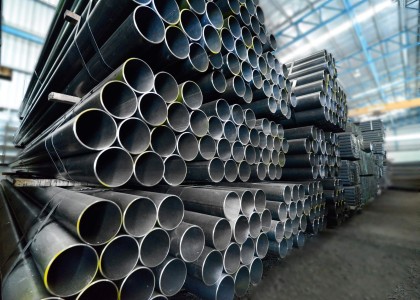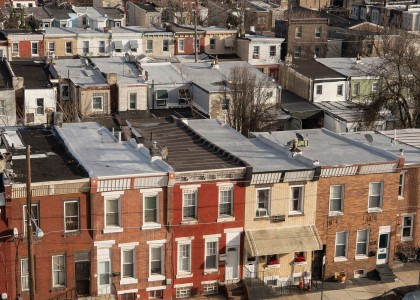The COVID-19 pandemic is taking a dire health and economic toll across the United States – including on people in the energy efficiency sector. In these stressful, uncertain times, we at ACEEE are doing whatever we can to understand and help address the challenges ahead. Already, it is becoming apparent that the pandemic is affecting the efficiency sector, especially its more than 2.4 million workers, as well as energy use and emissions in profound ways.
First, with most families isolating themselves in their homes and apartments, actual work installing energy efficiency measures is swiftly dropping. Few people want contractors in their homes, and many contractors either do not want to work in potentially unsafe conditions or are prohibited by their states from doing so. As a result, some contractors are put in the difficult position of having to lay off staff. Last week, a record number of Americans, more than 3.2 million, filed unemployment claims.
We checked in with Sealed, a New York company that finances key home efficiency improvements using the money homeowners currently waste on energy. It has halted all of its in-home verification and installation activities. The company’s weatherization partners reported this week that they had to lay off or furlough more than 45% of their workforce, with further layoffs likely.
These immediate and devastating impacts show the need to support such skilled efficiency workers until they can return to work when conditions allow. Hopefully, the small business loan program in legislation now making its way through Congress will help.
Second, even when the health crisis abates, the challenges for the efficiency workforce – and the cause of improving energy efficiency across our economy – will be immense. With large parts of our economy shut down, we likely have already entered a deep recession. A recession will mean reduced purchases of goods and services by consumers and businesses, including efficiency goods and services. A recession will also slash tax revenues for local and state governments, which could lead to cuts in their energy efficiency budgets. And a decline in utility revenues could reduce their efficiency spending as well.
The U.S. economic stimulus bill that the Senate approved Wednesday and the House is expected to approve tomorrow will help. Discussion is already beginning about a possible follow-up package, which could include investments in energy efficiency just as efficiency played a prominent role in efforts to emerge from the 2009-2011 Great Recession. We are working with the efficiency community on potential measures that could stimulate the economy while reducing energy costs and greenhouse gas emissions.
Third, with the end of most in-person gatherings, many state legislatures are adjourning or recessing. As a result, many efficiency bills that were nearing enactment will likely be delayed until 2021. In Maryland, for example, a bill to strengthen greenhouse gas and utility energy efficiency targets was halted in the rush to adjournment. A bill to set new appliance efficiency standards in Maine faced a similar fate as might similar bills pending in legislatures now in recess.
Fourth, as the economy slows down, so do energy demand and emissions. Data from Italy show load declines, as do emerging data from several major U.S. power pools. Traffic and the resulting pollution from cars and trucks has plummeted. These changes are likely temporary, and when activities and economies recover, we could return to on our prior energy consumption and emissions – especially if efficiency improvements are largely halted.
Fifth, as many office workers get used to working at home and using video conferencing, this could have long-term effects, reducing commuting and the demand for office space, increasing energy use for home offices, and reducing travel for face-to-face conferences and meetings. It will take many months and even several years before we know how pronounced these trends might be.
COVID-19 is disrupting our families, our businesses, and our energy use and causing great harm and suffering, including to efficiency workers and employers. At ACEEE, we continue to work (from our homes) to achieve the ambitious energy-saving, climate-oriented goals in our new Call to Action. As part of that, we are determined to support our friends and colleagues now — and begin to prepare for the incredible challenge of advancing the long-term mission when the economy recovers.



